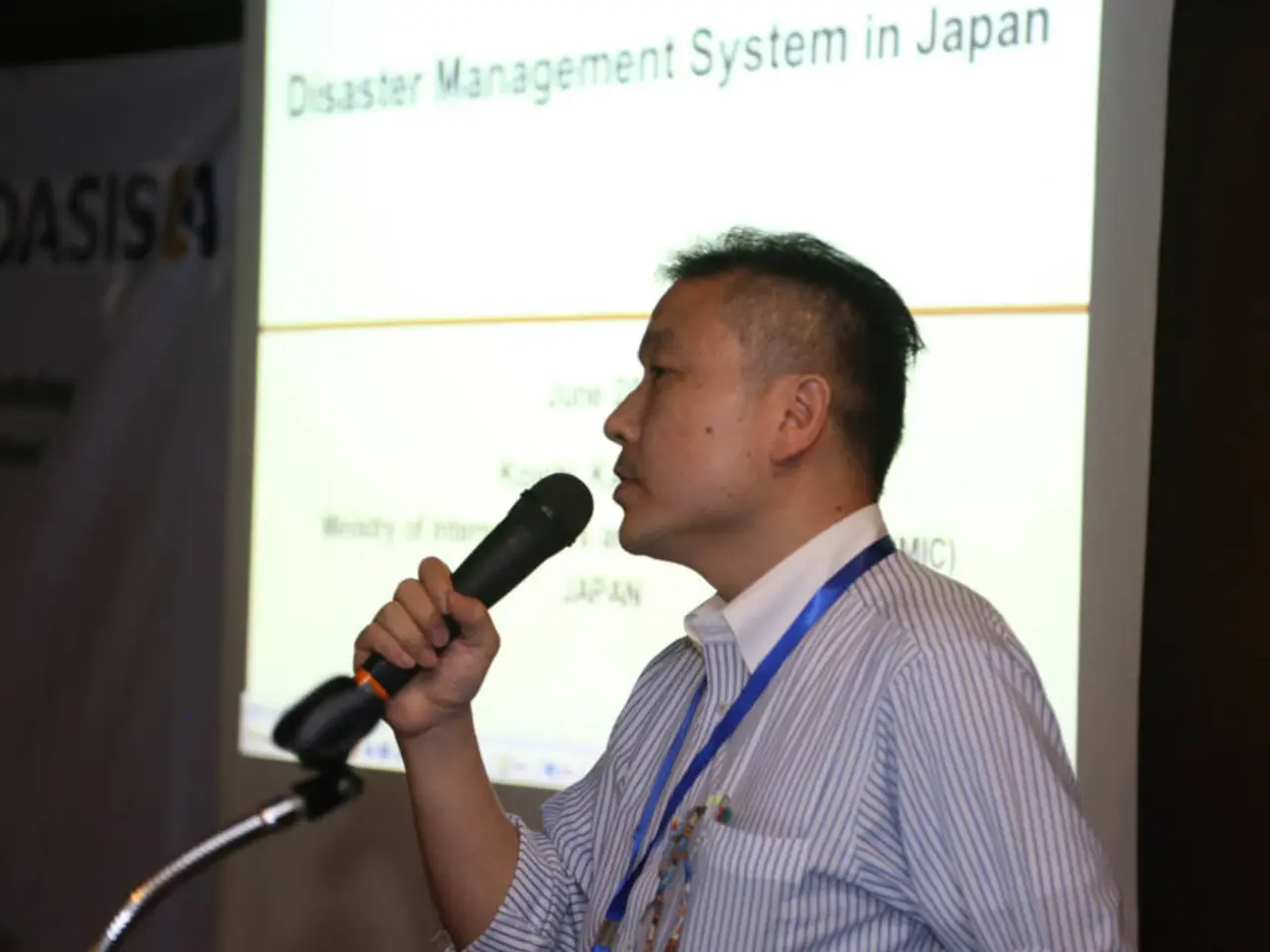Deepening Collaboration on Nuclear Safety between UAE and China
UAE and China Reinforce Nuclear Safety Cooperation
In a significant step towards strengthening their nuclear energy partnership, the Federal Authority for Nuclear Regulation (FANR) in the UAE recently hosted a high-level Chinese delegation at its Abu Dhabi headquarters. The visit, which took place in August 2025, underscored the UAE's commitment to public and environmental safety in nuclear operations and further deepened UAE-China cooperation in nuclear regulation.
Abdulla Nasser Al Suwaidi, Chairman of FANR's Board of Management, welcomed the Chinese delegation, led by Dong Baotong, Vice Minister of China's Ministry of Ecology and Environment and Administrator of the National Nuclear Safety Administration (NNSA). The delegation's tour provided an overview of the UAE's nuclear emergency preparedness measures, offering valuable insights into China's evolving nuclear programs.
The discussions between the delegations focused on knowledge exchange, research and development, nuclear security, non-proliferation, and regulatory frameworks for emerging nuclear technologies. The UAE-China nuclear safety collaboration is currently characterised by a mutual interest in joint nuclear energy projects, including constructing nuclear power stations and expanding research and development activities.
This visit serves as a continuation of the longstanding partnership between FANR and Chinese regulatory bodies, formalized in 2018. The partnership was further strengthened with the signing of a three-year action plan in November 2024, but no mention of any updates or extensions to this plan was made in this visit.
On a broader international scale, countries including the UAE and China are working towards standardizing nuclear reactor designs and regulatory frameworks, especially for emerging technologies like Small Modular Reactors (SMRs). A cooperative framework involving China, the UAE, France, India, and the US seeks to harmonize standards and regulatory approaches to improve safety, non-proliferation, and efficiency. Such collaboration aims to overcome cost and complexity barriers by promoting design standardization and compatible nuclear safety regulations, coordinated with the International Atomic Energy Agency (IAEA).
For the UAE, the Barakah nuclear plant is a cornerstone of the country’s clean energy ambitions, operating under strict safety and regulatory protocols and contributing to knowledge building and international cooperation. The UAE is actively engaging globally to share expertise and innovate in sustainable nuclear energy, working with partners from South Korea and aiming for global expansion of its nuclear energy know-how.
This evolving collaboration involves knowledge exchange on plant construction, safety regulation harmonization, and supporting emerging nuclear technologies like SMRs, contributing to enhanced nuclear safety governance and technological progress for both nations. The Chinese delegation also toured FANR's Emergency Operations Centre, underscoring the importance of such collaborations in ensuring nuclear safety and technological advancement.
In conclusion, the UAE-China nuclear safety collaboration is a testament to both nations' dedication to global nuclear safety standards and their readiness to share knowledge and expertise in nuclear energy development. The visit further reaffirms the UAE's commitment to public and environmental safety in nuclear operations, and the ongoing efforts to standardize nuclear reactor designs and regulatory frameworks for emerging technologies like SMRs.
Read also:
- Rapid Construction of Rajasthan's 435 Megawatt Solar Power Plant in Eight Months Reduces Carbon Dioxide Emissions by Over 700,000 Tons
- At Atkins Ranch, the strategic use of regenerative farming methods is boosting sheep farmers' finances
- Plastic apparel shipments from the EU to Kenya reach 37 million units, revels fresh data report
- "New Maxxi-charge storage proves effective in replacing entire rooftop systems"







